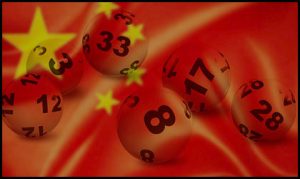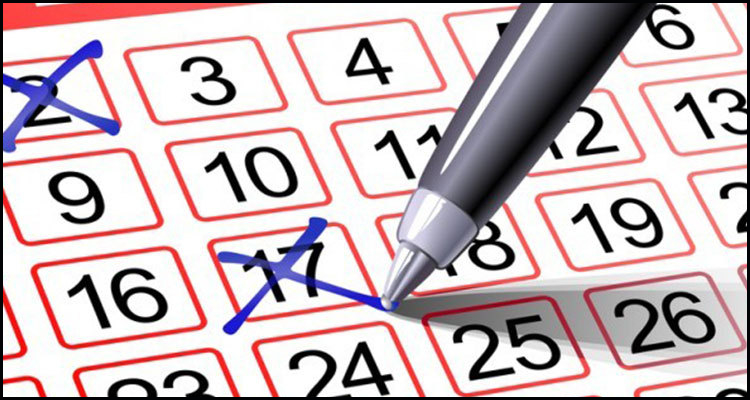In China and 2019 reportedly saw aggregated nationwide sales for the country’s only pair of state-run lotteries drop by some 17.5% year-on-year to approximately ¥422.05 billion ($60.26 billion).
According to a report from GGRAsia citing official data from the giant nation’s Ministry of Finance, the China Welfare Lottery recorded a comparable 14.8% decline in annual sales last year to almost ¥191.24 billion ($27.31 billion) while its China Sports Lottery compatriot suffered an even more extreme 19.6% diminution to reach a figure of around ¥230.82 billion ($32.96 billion).
Provincial perseverance:
The government figures reportedly also showed that Sichuan Province had been the only one of China’s 31 jurisdictions to record a comparable annual increase in the aggregated sale of lottery products with its finishing tally of ¥18.81 billion ($2.68 billion) representing a rise of 6.1%.
GGRAsia reported that the government data moreover indicated that 2019 had seen Guangdong Province retain its title as the most lucrative lottery market in China despite posting a comparable 19.2% decrease in combined sales to ¥39.57 billion ($5.65 billion). It was purportedly closely followed into second spot by the densely-populated Jiangsu Province where a 20.6% deterioration had pushed the finishing figure down to about ¥35.36 billion ($5.04 billion).
Discouraging December:
More recently and the Ministry of Finance reportedly detailed that China Sports Lottery and China Welfare Lottery sales in December had crashed by 4.9% year-on-year to stand at ¥40.93 billion ($5.84 billion). Takings for the former had purportedly waned by a comparable 1.1% over the course of the 31-day period to about ¥22.17 billion ($3.16 billion) while the latter had experienced an even more extreme 9% descent to finish with a tally just below ¥18.76 billion ($2.67 billion).
Coronavirus consequences:
Additionally, lottery product takings in China have recently been heavily impacted by the outbreak of a coronavirus strain that has so far killed around 1,900 locals. The government halted all sales for ten days from January 22 so as to help stop the spread of the highly-contagious ailment before later extending this suspension by a further nine days.



